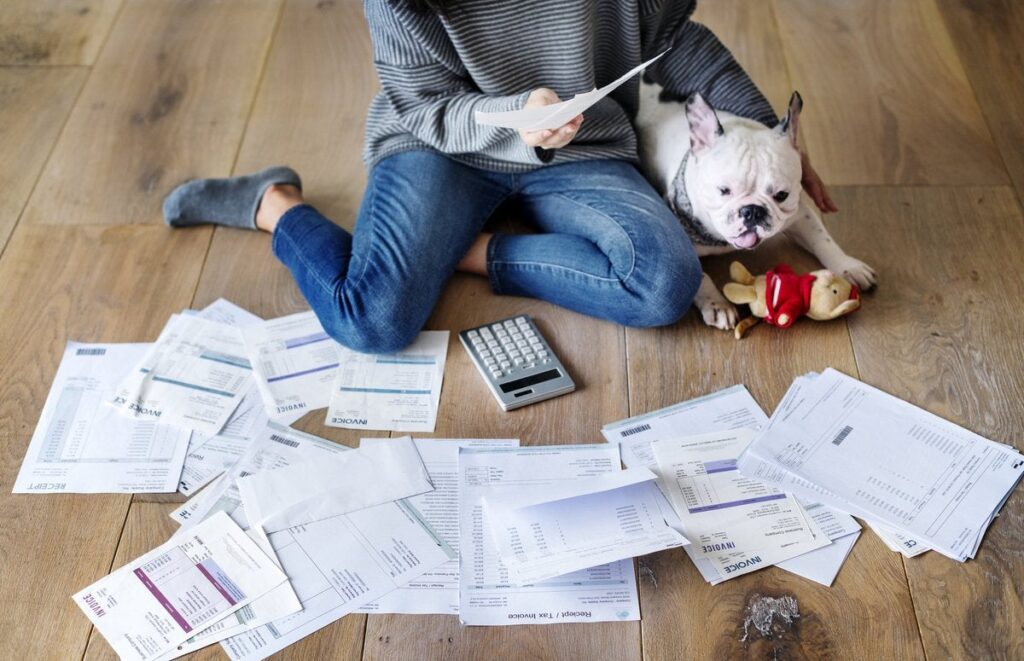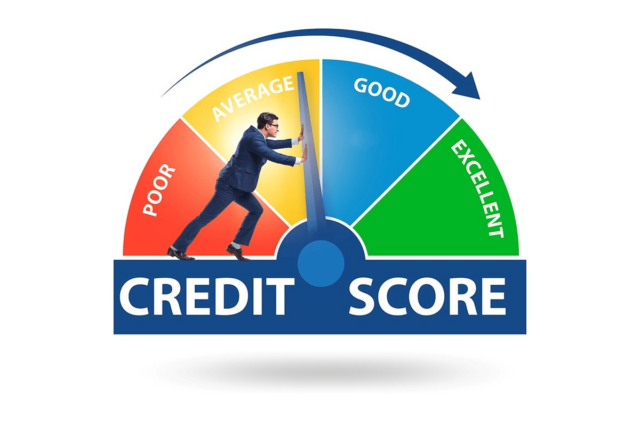Our creditworthiness has a huge impact on our daily lives, and with a bad score we cannot purchase new things, we are not eligible for mortgages that will help us get the home of our dreams, and we have a lot of obstacles in our finances. It is said that almost 20 percent of the people in the United States have bad credit, and less than one percent have a great one.
The good thing about being part of the majority is that there are many solutions to this problem, and you can easily bring it up to a decent one. Here, we are going to list some simple ways to improve and repair your credit score, ad we will tell you how to ensure you don’t make even bigger mistakes in the process.
1. Get the Report and Review It
The first thing that you need to do if you want to improve your score is to check the report. You should get all the information about your finances, how you spend them; if you have any current loans, late bills, or anything that could be affecting the rating you have.
Know that you should be doing this at least several times per year, preferably every month, so that you can be up to date with everything that is happening. Know that you should not do this practice only when your rating is low, and you should do it to also prevent any issues with your credit.
2. Pay All of Your Bills

More often than not, we have bills that are way past the due date and know that they will have a huge effect on your creditworthiness. We tend to believe that if we are just a month or two late with the payment that it is not going to be a huge deal and that we can get away with it. In reality, late bills will drop your score, and the more you wait, the worse things will be.
Your first plan of action should be to pay all the late bills, and you should do it as soon as you possibly can. In the future, make sure you are not late for any of them, so that you can properly balance your finances.
3. See What You Owe and Try to Repay It
Your next step, after paying all of your late bills is to see if you have any mortgages or loans that you need to get on top of. Note that creditworthiness will be the least of your concerns if you don’t make the payment. You may lose your collateral or you may end up paying insane fees and interests.
You should sit down and see how much you owe when it comes to other borrowings and check what you can do to repay them as soon as you can. If needed, talk to the bank and ask them to help you with a plan of action.
You can also collaborate with other services to help you with your credit score improvement and see what you can do to make things better as soon as possible.
4. Don’t Open New Accounts

Experts suggest that the biggest mistake you can make in these times is opening new accounts to help you settle an old debt. This does not have to be true depending on your specific situation but, if possible, try to steer away from opening new balance sheets.
The problem with opening new accounts will arise from the fact that you won’t be able to do proper research if you want to get a new one. Chances are, with your creditworthiness being currently low, you will have to agree to bad conditions, and you will have to sign agreements where you will have to pay huge interest rates.
Until your score is at least a bit better, you should just try to clean old debt and use the funds and the balance sheets that you already have.
5. Check to See if There Are Any Errors
In many cases, there are errors and mistakes that are made by other people and officials, and our old debt can still linger on our balance sheets when it doesn’t actually exist anymore.
As we previously mentioned, you need to be on top of your report and you should closely monitor what is written there, if new things are added, and if the old debt is closed. If you can notice any problems or errors, you should dispute them as soon as you can. Know that the errors will continue to drop your creditworthiness until you notice them, so make sure there are no issues staying there just because someone forgot to remove them.
6. If Needed Take Out One Loan to Close All the Others

Know that more often than not, it is better to steer away from borrowing more cash, but in some cases, it may be beneficial. In case you have more debt than you can afford to pay off, and if you cannot find the finances to deal with it, you should get a new, bigger loan.
When you get that loan, you should pay all the due bills and try to close all the other accounts that you have. Pay everything back, and deal with just one mortgage at a time. This will help you plan your funds and you will know how much you can pay back and how. It will minimize multitasking and you will be able to create a solid plan for the future.
Remember that you don’t have to do it all on your own, and even if you don’t have any knowledge when it comes to creditworthiness, there are many companies that can help you deal with these problems. You can reach out to them, and have them help you get your score back to normal. We know that having a low score is extremely scary and it is preventing you from leading a less stressful life, but as soon as you get on top of the situation, and as soon as you start working towards repairing it, things will get better soon.



